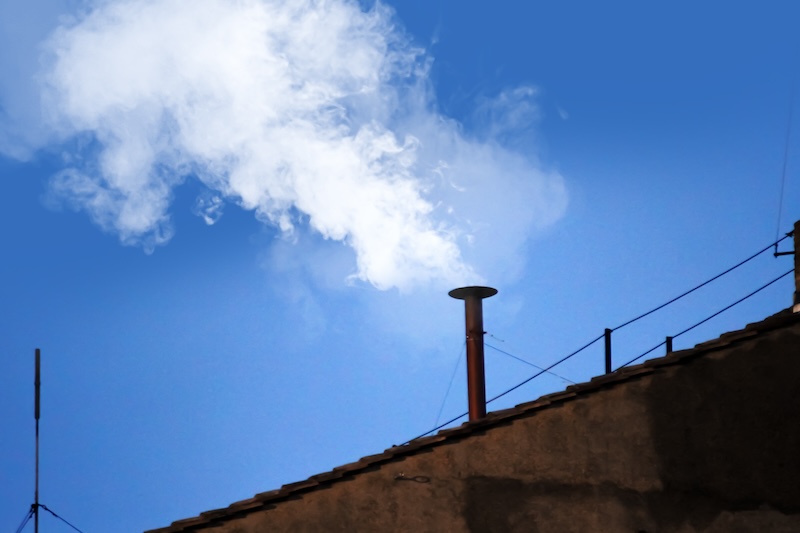Politics
NEW: CBS Under Fire For Disrespectful Comment About Papal Conclave

As the solemn process to elect the next leader of the Catholic Church begins, CBS News is drawing criticism for what many are calling a deeply disrespectful moment on live television.
The controversy erupted Tuesday morning during CBS’s live coverage of the 2025 papal conclave. While veteran Vatican journalist John Allen explained the quiet and prayerful atmosphere inside the Sistine Chapel, where 133 cardinal electors are gathering to choose the next pope, co-host Tony Dokoupil made a jarring remark that left many viewers stunned.
Allen explained that during the papal conclave, most cardinals spend their time reading their breviary—a book of prayers used by clergy—praying the rosary, or simply sitting quietly. “The one thing we know they’re not doing,” he added, “is checking Instagram because their devices have all been confiscated.”
Co-host Tony Dokoupil jumped in: “I believe the kids call it raw-dogging it—” prompting laughter in the studio. He continued, “—if you’re gonna go through a long period of time with no electronic device.”
Delia Gallagher responded with a chuckle, noting, “Well, they’re of a certain age, so they might be used to it.”
WATCH:
The phrase, often associated with explicit sexual slang, seemed wildly out of place in a segment covering one of the most sacred rituals of the Catholic faith. While the show’s other panelists, including Vatican reporter Delia Gallagher and Father Anthony Figueiredo, quickly pivoted the conversation back to the seriousness of the conclave, the damage had already been done.
The backlash comes at a sensitive time for the Catholic Church. Following the death of Pope Francis on April 21, the College of Cardinals convened on May 7 to begin the process of electing his successor. The 133 eligible cardinals—those under the age of 80—are now locked in the Sistine Chapel, where they will vote up to four times a day until a new pope is chosen by a two-thirds majority.

White smoke from the chimney on top of the Sistine Chapel (Vatican City). It indicates that the Pope has been elected.
The papal conclave is the solemn and secretive process by which the Roman Catholic Church selects a new pope. When a pope dies or resigns, the College of Cardinals gathers in Vatican City, locking themselves inside the Sistine Chapel to vote on his successor. The term “conclave” comes from the Latin phrase cum clave, meaning “with a key,” a nod to the tradition of isolating the cardinals until a decision is made.
Deliberations are held in strict secrecy, with all electronic devices confiscated. Voting takes place up to four times a day—twice in the morning and twice in the afternoon—and a candidate must receive a two-thirds majority to be elected. The results of each round are communicated to the outside world through smoke signals rising from the chapel’s chimney: black smoke means no pope has been chosen; white smoke signals the election of a new pontiff.
Once a cardinal accepts the role and selects a papal name, the conclave ends. Shortly after, the newly elected pope is presented to the world from the balcony of St. Peter’s Basilica.

